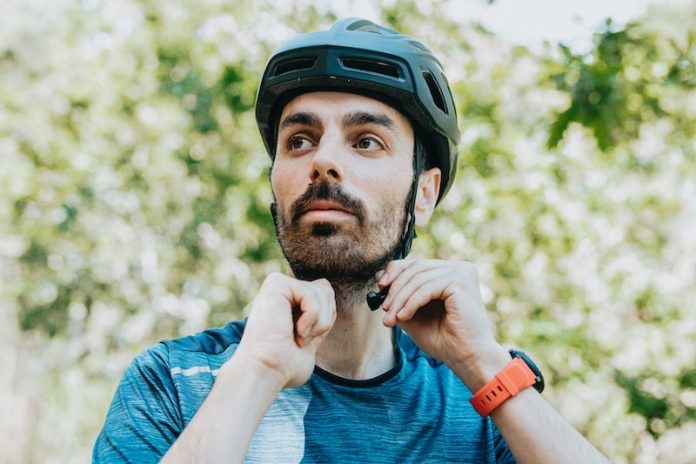
Everyone knows getting old can be hard. This is especially true when your brain doesn’t work like it used to.
Sometimes, this comes as a struggle with the blues, or a bit more forgetfulness. It’s a common part of aging, but it can also lead to scarier issues, like dementia.
A lot of older folks end up dealing with these kinds of problems. And, until now, we haven’t found a cure for them.
A Surprising Solution: Green and Blue Spaces
Recently, a team of scientists from Washington State University had a fresh idea. They thought maybe the place you live could affect your brain health as you age.
Specifically, they wondered if living close to parks or bodies of water (like lakes or rivers) could make a difference.
Why did they think this? Well, we know that being in nature can make us feel happier and more peaceful. So, they figured it might be the same for older people, and perhaps even help their brains stay healthy.
The Research: Where and How
They decided to test this idea. They gathered data on about 43,000 people, all aged 65 or over, living in cities in Washington state.
The scientists wanted to know how close these people lived to “green spaces” and “blue spaces”.
By green spaces, they meant public parks, community gardens, and even graveyards. And blue spaces were simply places with water – lakes, big rivers, or the sea.
Then, they asked these people some questions. They wanted to figure out if they were dealing with serious emotional struggles – feeling very sad or worried, to the point of it affecting their daily life.
The Findings: Good News for Nature Lovers
After they put all the data together, they saw a clear pattern. Of the total people in the study, 70% lived close (less than half a mile) to a green space and 60% lived close to a blue space.
The cool thing was, those living close to a park or water were 17% less likely to have serious emotional struggles compared to those living farther away.
Of the people living near parks and water, only about 1.3% had serious emotional struggles. In contrast, 1.5% of those living farther away had these struggles.
This doesn’t sound like a big difference, but with so many people, it really adds up!
The Future: Parks as Therapy?
The head scientist, Solmaz Amiri, hopes this research will make people think differently about old age and mental health.
Maybe we could improve mental health by simply choosing the right place to live or focusing on programs that get people into nature more often.
Still, there’s a catch – the research relies on people’s memory and honesty about their emotional struggles. So, while the results are promising, we need more research to be certain.
But until then, maybe it’s not such a bad idea to visit a park or take a stroll by the river. After all, it might just be cheaper than therapy!
If you care about health, please read studies about vitamin K deficiency linked to hip fractures in old people, and these vitamins could help reduce bone fracture risk.
For more information about health, please see recent studies that Krill oil could improve muscle health in older people, and eating yogurt is linked to lower frailty in older people.
Follow us on Twitter for more articles about this topic.
Copyright © 2023 Knowridge Science Report. All rights reserved.


